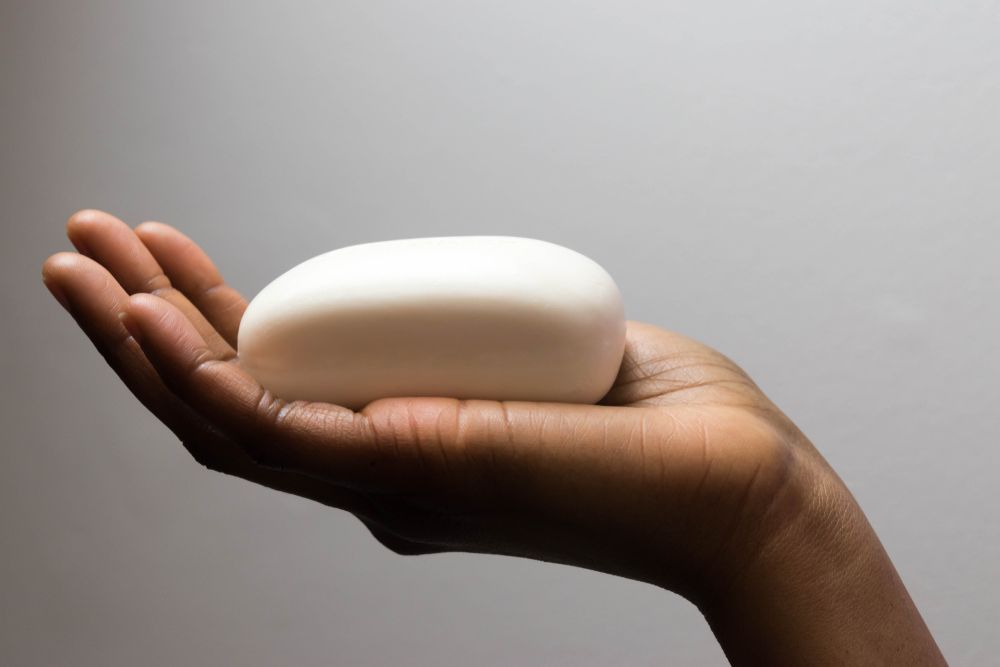Do We Wash Our Skin Too Often?
We wash, shower, bathe, exfoliate and brush our bodies. Some of it we do every day. According to statistics, 84 percent shower, bathe or wash from head to toe at least once a day. But is all this really so healthy for our skin, or are we overdoing it with hygiene?
“We simply wash ourselves too often,” already complained a very well-known skin professor. Hagen Tronnier headed the Institute for Experimental Dermatology at the University of Witten/Herdecke until his death (2019). He confirmed: Any kind of skin cleansing destroys the natural acid mantle of fat and water, which forms the outermost layer of the epidermis.
Extensive contact with water flushes out the very fats that seal the horny layer like a kind of cement between the cells and make it waterproof. They are also known as barrier lipids. If this barrier is no longer intact, the skin loses moisture and becomes drier. Harmful microorganisms can penetrate more easily. In healthy skin, it takes about 30 minutes for the acid mantle to renew itself. In contrast, the regeneration of the epidermal lipids can take many hours. Extremely dry or even damaged skin can show signs of eczema after just a few days.
Pay attention to the ingredients in syndets
There is a very simple formula for body cleansing with water: not too long, not too hot and preferably soap-free. The water temperature should not exceed 39 degrees, otherwise skin lipids will dissolve. Dermatologists advise using slightly acidic syndets with synthetic washing-active substances. But here too, pay attention to the ingredients. The label should say “soap-free” or “syndet.” The active washing substances in syndets, known as surfactants, are less harmful to the skin, but should be tailored to the skin type.
The surfactant sodium lauryl sulfate (sodium laureth sulfate), which is frequently used, can irritate already very sensitive skin even more. Sodium lauryl ether sulfate (sodium laureth sulfate), which is also frequently used, is more tolerable. However, those with acne and oily skin are well served by the former.
Shower gels that cleanse with skin-friendly sugar surfactants (alkyl polyglucosides such as capryl glucoside or coco glucoside) but hardly foam are also particularly suitable for sensitive skin. For the hypersensitive mucous membrane in the intimate area, the following applies: water is sufficient or, if necessary, use special cleansing products.
What’s wrong with soaps?
Classic soaps usually contain substances such as coconut oil, beef tallow or palm oil.… weiterlesen

CultureAndCream Author from Munich
To travel during my profession as a beauty journalist was never enough for my. Also my six month on a world trip didn’t do it. It always attracts me to other cities, foreign countries, on roadtrips and places I don’t know yet. But I am not only interested in “culture” and “cream”, I am also fascinated by people who have stories to tell . Such unique experiences I want to share with you.
